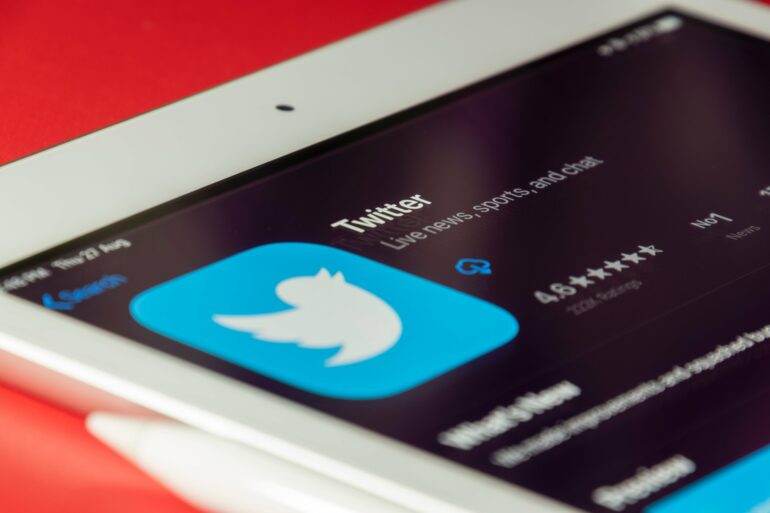While social media platforms are the primary source of political information for a growing number of people, a majority of Twitter users do not follow either members of Congress, their president or news media, a new study suggests. They are much more likely to follow Tom Hanks or Katie Perry than an elected official.
“Those users who do follow political accounts on Twitter, however, stick to insular online communities and mostly follow and share information from their political in-group,” said Magdalena Wojcieszak, lead author and professor of communication at the University of California, Davis, and the University of Amsterdam.
In other words, speaking to ongoing debates about so-called “echo chambers” on social media platforms, the small group of users who do follow political elites display clear political biases and engage with these elites in a very one-sided way.
The findings come after researchers from UC Davis and New York University analyzed four years’ worth of data from a sampling of 1.5 million Twitter users.
Researchers concluded that even though the group of social media users who display political biases in their online behaviors is small, it is nevertheless consequential. These users are much more vocal, participatory and active online, thus amplifying the general perception of unprecedented polarization.
The study was published Friday (Sept. 30) in Science Advances.
“In this project, we focus on national political elites due to their visibility and national-level influence on public opinion and the political process,” Wojcieszak said. Yet, despite the prominence and impact of presidents, congressmen, journalists, pundits and the news media, researchers found that only 40% of Twitter users follow one or more political “elites.” The remaining 60% follow no political actors at all.
“Given that we analyzed over 2,500 American political elite accounts including Donald Trump, Joe Biden, prominent pundits including Rachel Maddow and Sean Hannity, and the most popular media outlets such as MSNBC and Fox News, the fact that only 23% of the representative sample of over 1.5 million users follow three of more of such elite accounts is revealing,” Wojcieszak said.
The authors found that those users who do follow politicians, pundits and news media follow their political in-group at much higher rates than out-group elites (around 90% vs. 10%) and share tweets from in-group elites overwhelmingly more frequently than out-group tweets (at about a 13:1 ratio). And when users share out-group tweets, they tend to add negative comments to these reshares, further reinforcing ideological biases online.
The research also reveals important ideological asymmetries: conservative users are roughly twice as likely as liberals to share in-group versus out-group content, as well as to add negative commentary to out-group shares.
Surprising findings
“Overall, the majority of American Twitter users are not sufficiently interested in politics to follow even a single political or media elite from our list,” Wojcieszak said. Researchers wrote that they found this surprising, since it is generally believed that Twitter users are more politically engaged than the general population.
Given a growing radicalization in America, decreasing support for democratic norms, and rising support for political violence, concerns about political biases on social media platforms are valid, no matter how small the groups displaying those biases may be.
“At the same time,” Wojcieszak said, “we have to remember that these political biases are far removed from the everyday online behaviors of most politically disinterested Americans, who simply don’t care and prefer to immerse themselves in entertainment or sports. Our findings should help us all keep in perspective the concerns about the so-called ‘echo chambers’ online.”
Co-authors of the study include: Andreu Casas, Free University of Amsterdam; Xudong Yu, former doctoral student at UC Davis, now University of Amsterdam; and Jonathan Nagler and Joshua A. Tucker, New York University Center for Social Media and Politics.
More information:
Magdalena Wojcieszak, Most users do not follow political elites on Twitter; those who do show overwhelming preferences for ideological congruity, Science Advances (2022). DOI: 10.1126/sciadv.abn9418. www.science.org/doi/10.1126/sciadv.abn9418
Citation:
Most Twitter users don’t follow political elites, researchers suggest (2022, September 30)



